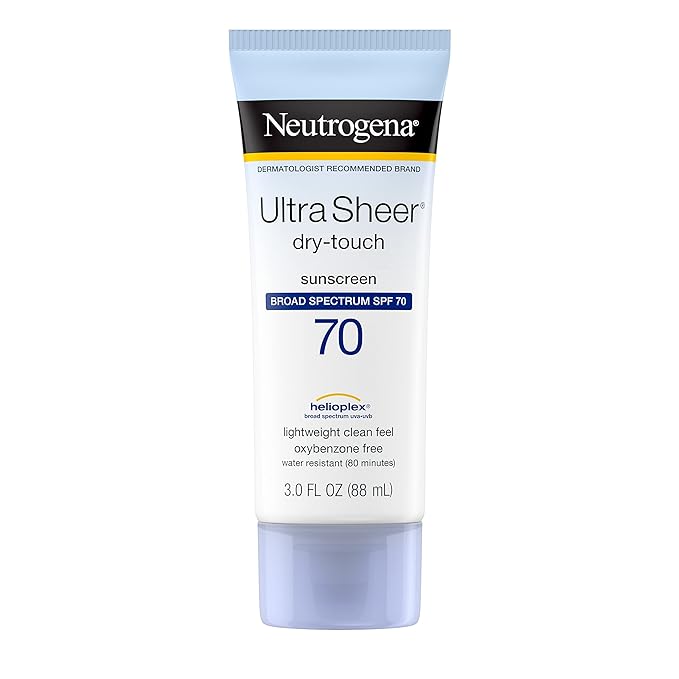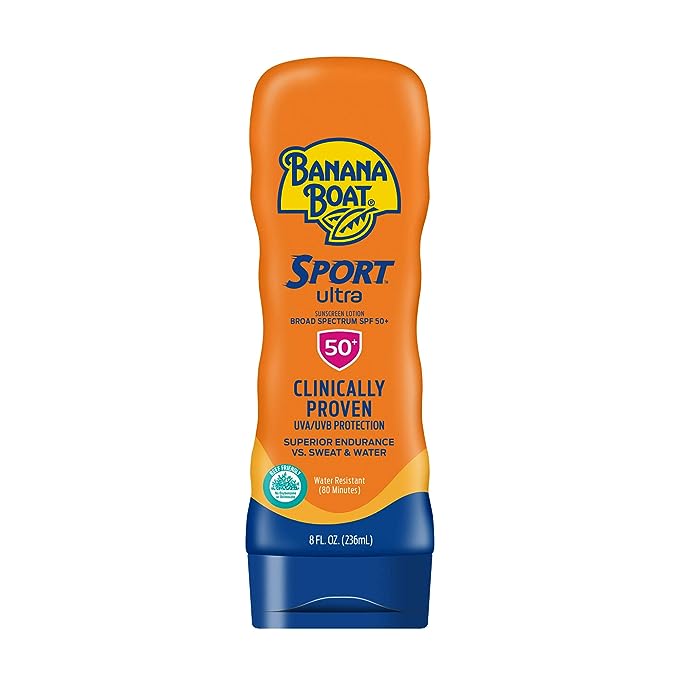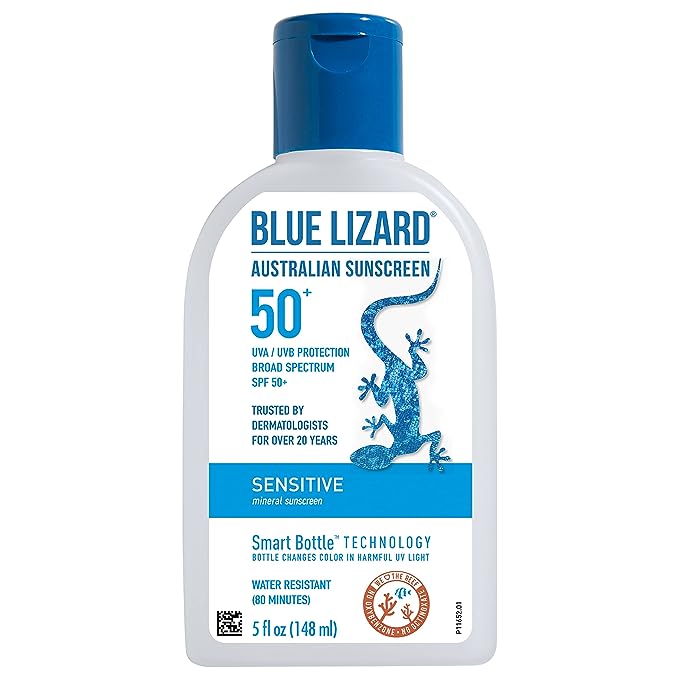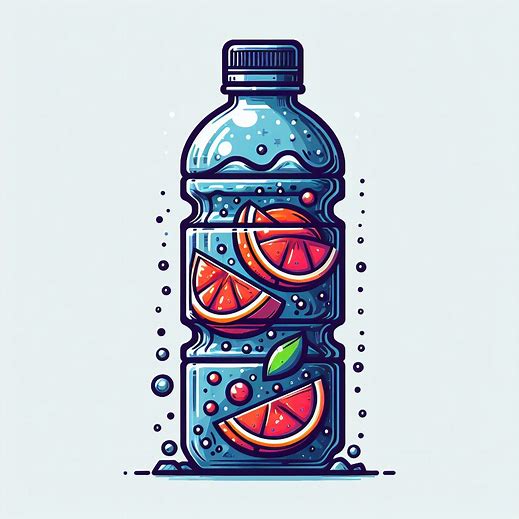Updated April 2024
As an Amazon Associate, we earn from qualifying purchases
Considerations
- SPF
- Water Resistance
- Ingredients
- Application
What you need to know
As the warm rays of the sun beckon us outdoors, it’s crucial to ensure we’re adequately protected from its potentially harmful effects. Sunscreen stands as one of the most essential tools in our defense against sun damage, but not all sunscreens are created equal. Understanding what to look for when purchasing sunscreen is paramount for safeguarding our skin health. Here’s what we look for in a sunscreen:
SPF (Sun Protection Factor)
SPF, or Sun Protection Factor, is a numerical measure indicating a sunscreen’s effectiveness against UVB rays—the primary cause of sunburn and skin cancer. The SPF rating corresponds to the sunscreen’s ability to block UVB rays. When choosing a sunscreen, opt for a broad-spectrum formula with an SPF of at least 30. This level of SPF provides adequate protection for daily use. However, individuals with fair skin or those spending prolonged periods outdoors may benefit from higher SPF ratings.
Water Resistance
If you plan on swimming, sweating, or engaging in water activities, opt for a water-resistant sunscreen. Water-resistant formulations adhere to the skin better, providing prolonged protection even when exposed to moisture. Remember to reapply water-resistant sunscreen according to the product’s instructions, as no sunscreen is entirely waterproof. Be mindful of the duration of water resistance stated on the label and reapply as needed, especially after swimming, towel drying, or excessive sweating.
Ingredients
Pay attention to the ingredients in the sunscreen, particularly if you have sensitive skin or specific skin concerns. Mineral sunscreens typically contain zinc oxide or titanium dioxide as active ingredients, forming a physical barrier that reflects and scatters UV radiation away from the skin. These ingredients are less likely to cause skin irritation, making them suitable for sensitive skin types. Chemical sunscreens, on the other hand, contain organic compounds that absorb UV radiation and convert it into heat, dissipating it harmlessly from the skin. While effective, some individuals may experience sensitivity to certain chemical sunscreen ingredients, such as oxybenzone or avobenzone.
Application
Sunscreens come in creams, sprays, rollers, and sticks. Whichever you choose, make sure you get a thick, even application.
 CritiPicks
CritiPicks
| Our Pick | Link | Price | |
|---|---|---|---|
 |
Neutrogena Ultra Sheer Dry-Touch Water Resistant and Non-Greasy Sunscreen Lotion SPF 70 | Amazon | $9.88 |
 |
Banana Boat Sport Ultra SPF 50 | Amazon | $8.49 |
 |
Blue Lizard Sensitive Mineral Sunscreen SPF 50+ | Amazon | $14.94 |
Listed prices are accurate at time of review.


